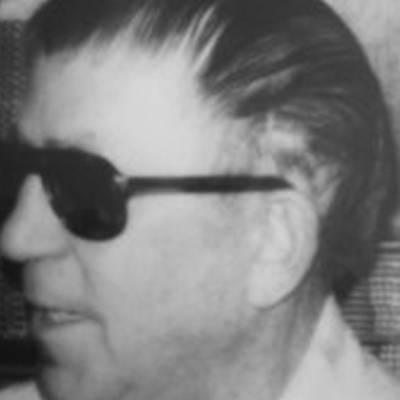
Lawrence Revere
Childhood
Revere earned a degree in mathematics from the University of Nebraska, which laid the foundation for his analytical approach to blackjack. His mathematical expertise allowed him to develop advanced card-counting systems that were both effective and easier to use than previous methods.
Career
Revere had a unique career, working both as a casino pit boss and a professional blackjack player—a dual role that made him a controversial figure. He played under aliases like Leonard "Speck" Parsons and Paul Mann to avoid detection.
His most significant contribution was Playing Blackjack as a Business (1969), which introduced groundbreaking card-counting strategies, including:
- The Revere Point Count
- The Revere Five Count Strategy
- The Reverse Plus-Minus Strategy
- The Ten Count Strategy
Revere collaborated with computer simulation expert Julian Braun to refine his methods. His "true count" approach simplified card counting, making it more accessible to players.
Personal life
Revere kept his personal life private. He passed away from cancer on April 23, 1977, but his legacy in blackjack endures.
Revenue
Revere monetized his strategies by selling advanced versions of his counting systems, including the Revere Advanced Point Count (RAPC). His book remains in print, generating revenue for his estate decades after his death.
Interesting facts
- Revere was inducted into the Blackjack Hall of Fame for his contributions.
- He trained many early professional card counters.
- Unlike other experts, he worked both sides—helping casinos and players.
-
He was a pioneer in shuffle-tracking and hole card play.
Legacy
Revere’s true count method became the standard for modern card counting. His strategies influenced legends like Stanford Wong, Ken Uston, and Arnold Snyder. Though some of his advanced systems are now considered outdated, his core principles remain foundational in blackjack.
Frequently asked Questions
No, his real name was Griffith K. Owens. "Lawrence Revere" was a pseudonym.
The Revere Point Count, which simplified true count conversion.
Despite working as a pit boss, he was skilled at avoiding detection while counting cards.
Yes, it remains a classic text for serious blackjack players.
He passed away from cancer in 1977.
















